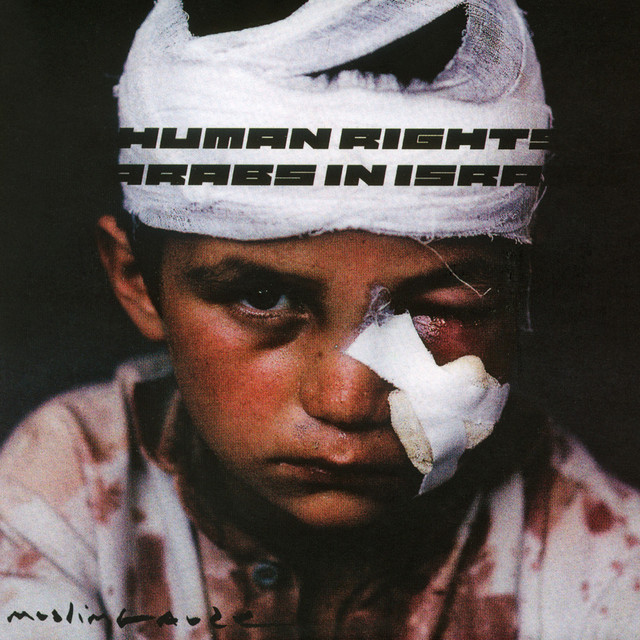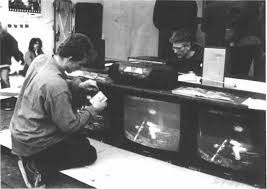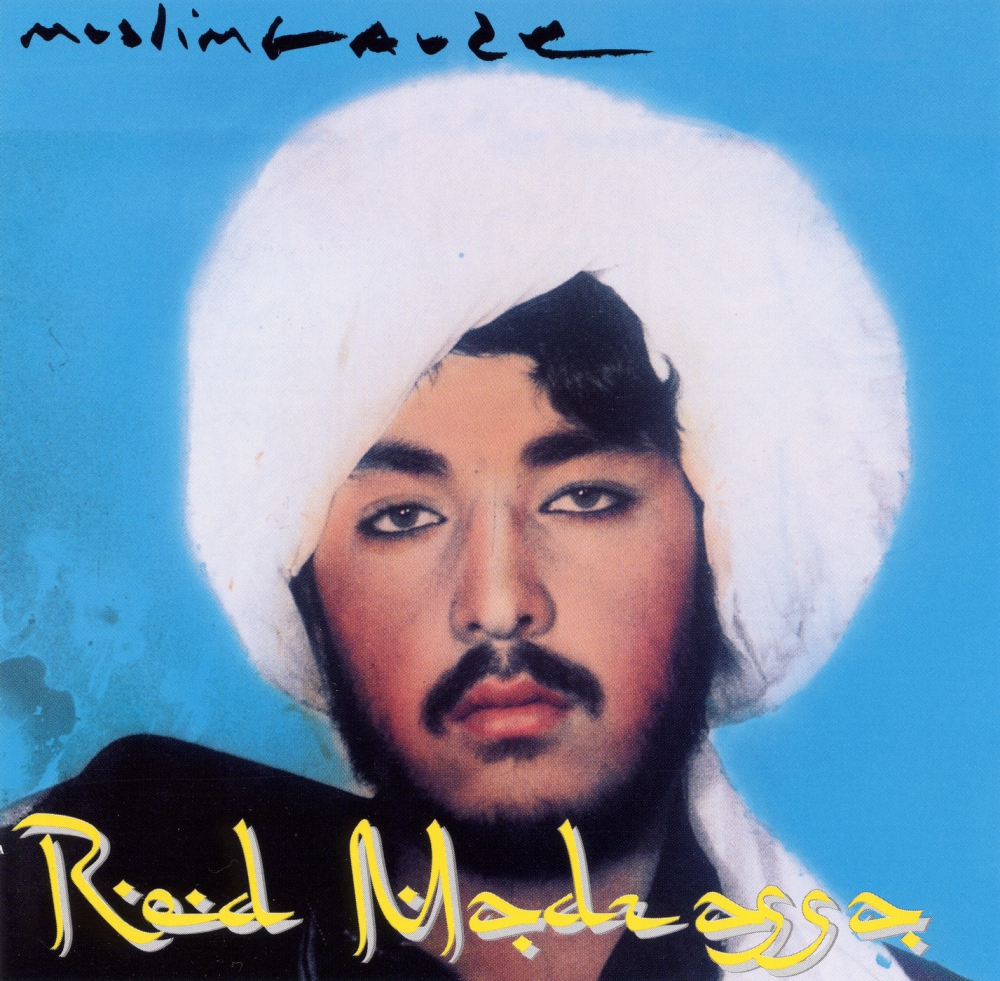
In 1983, Bryn Jones began his career under the alias Muslimgauze in response to the Israeli invasion of Lebanon. Even though he was neither religiously, nor culturally tied to the Middle East, he held a deep passion and strong political view on the happenings in that region. For 17 years he worked on creating a musical catalogue of songs ranging from experimental electronica to ambient soundscapes, with each tune containing harsh noise, successfully replicating the sound of a malfunctioning mixing desk. Jones used ‘abrasive experimental compositional techniques’ such as tape loops, distortion and field recordings. He combined these methods with the beats and melodies of the ‘Muslim world’.



Whilst listening to his work, specifically ‘Tariq Aziz’ and ‘Oil Prophets (pt 1, 2, 3), I found that his use of these techniques clearly conveyed his outlook on the Israeli occupation of Lebanon. He’d created these beautiful Arabic melodies using traditional techniques and scales, and then harshly interrupted this structure with noise music. To me, this was clearly evident of the fascination Jones held with Islam and of his anger and rage at the Israeli-Lebanese conflict.
In Tariq Aviv, there’s a steady, almost meditative beat throughout the entire track, which is, at seemingly random intervals, violently interrupted by harsh noise. This disrupts the complacent nature of the song and puts the listener on edge, reflecting the disruptive political landscape that held Jones’ fascination, and forcing awareness upon the listener.
What fascinates me most about this artist is that, although he is purely of English descent and never actually visited the Middle East, he almost devoted himself and his life to bringing awareness to the Israeli-Palestine conflicts in an interesting and accessible yet shocking way; and although I find his music interesting and provocative, I find it hard to listen without thinking about the fact that Bryn Jones was dancing along the line of cultural appropriation for his entire career. As Bidoun Magzine put it best “Muslimgauze wasn’t even a Muslim. He was a reclusive bedroom producer in cultural drag, who never set foot in an Islamic country.“
All in all, whilst I appreciate and understand the thought and effort Bryn Jones put into his music, I find it hard to listen without thinking about his white saviour complex and how he was so passionate about being Pro-Palestine, he almost became anti-semitic.
“I wouldn’t talk to any [Israelis]; the whole people are disgusting, so no, I wouldn’t.”
Capsule Reviews. Tikkun 1 November 2005; 20 (4): 79–80. Available at: https://doi.org/10.1215/08879982-2005-4028
Clayton, J. (2009) Muslin Gaze, Bidoun. Available at: https://www.bidoun.org/articles/muslin-gaze (Accessed: November 15, 2022)
Israel-gaza violence: The conflict explained (2022) BBC News. BBC. Available at: https://www.bbc.co.uk/news/newsbeat-44124396 (Accessed: November 17, 2022).
Riddle, Rob (2002) “Lost in Lights: the relevant, revelatory music of Muslimgauze,” SWITCH: Vol. 17 : No. 1 , Article 5. Available at: https://scholarworks.sjsu.edu/switch/vol17/iss1/5
War in Lebanon (no date) Encyclopædia Britannica. Encyclopædia Britannica, inc. Available at: https://www.britannica.com/place/Israel/War-in-Lebanon (Accessed: November 17, 2022).
